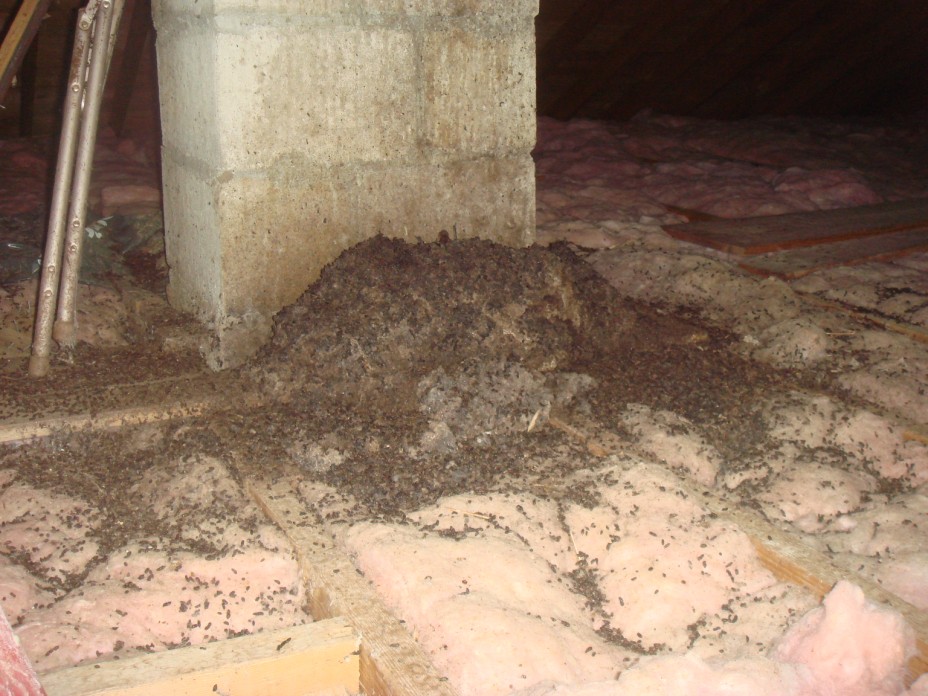Do Bed Bugs Live In Attics

You ll need to pore over each and every one of these areas using a credit card to scrape and a flashlight to help you find signs of exoskeletons eggs and egg casings.
Do bed bugs live in attics. Certain areas of the home can harbor insects such as attics basements kitchens and bathrooms making these rooms common areas where bug bombs are placed. Dark spotting and staining which is the dried fecal matter of the bed bugs. Rusty or reddish smears on bed sheets or mattresses from crushed engorged bed bugs. Bed bug eggs about the size and color of a small grain of rice.
The reality is that you can find bed bugs in walls furniture carpeting and other locations in your home. The mattress should be fine unless you had a colony of bats in the attic in which case you might have bat bugs. Most bug bombs contain pyrethrin as an active ingredient. Otherwise vacuuming the surface of your mattress is a great step to clear up any leftover cobwebs and dust.
Shed skins of juvenile bed bugs. If you are wondering where do bed bugs hide keep reading to find some of the most common sites for an infestation. Do bed bugs live in attics. House mice in the attic.
Exposed insulation packing supplies and other storage items provide perfect nest building materials for these rodents. Adult bugs or bug carcasses. Home owners using bug bombs must take precautions to ensure the safety of those living inside the home. Bed bugs can live in walls baseboards carpets rugs furniture clothing and even electrical outlets and electronics.
Bed bugs can live for months without a food source sometimes longer than a year. Stinging insects like wasps hornets yellow jackets and bees love a dry warm attic for their nest or hive. Preferring to live in dark secluded areas house mice often invade attics. It is a common misconception that bed bugs cimex lectularius are only found in beds.
It is a misconception that spider beetles depend like bed bugs on the blood of human hosts. Bed bugs in walls. Here are the top signs of bed bugs in a room. Like bed bugs spider beetles prefer dark secluded places to hide pantries warehouses and especially attics if they contain rodent bird or bat droppings.
In fact spider beetles rarely bite humans. Their flight pattern to and from your eaves is the most obvious clue.














































